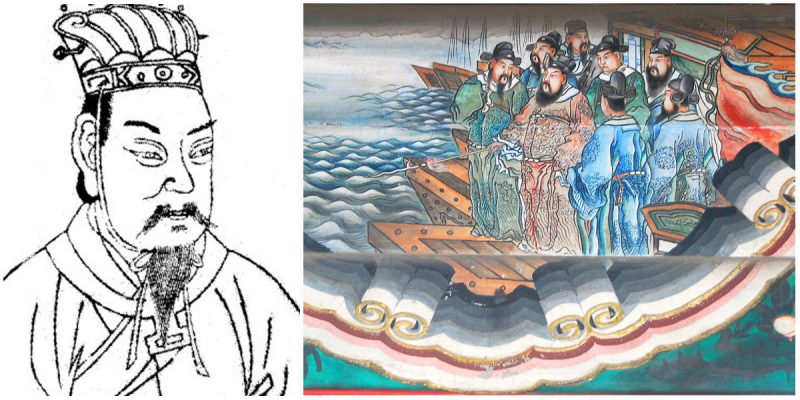Cao Cao, often known as Mengde, was one of the greatest generals of the late Han dynasty in China.
As one of the central figures of the Three Kingdoms period, he laid the foundations for what was to become the state of Cao Wei, and was posthumously honored as “Emperor Wu of Wei”.
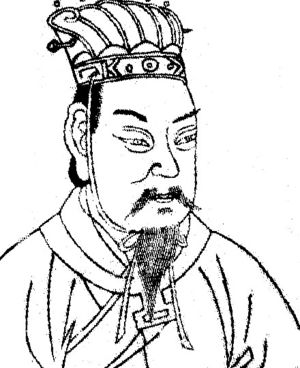
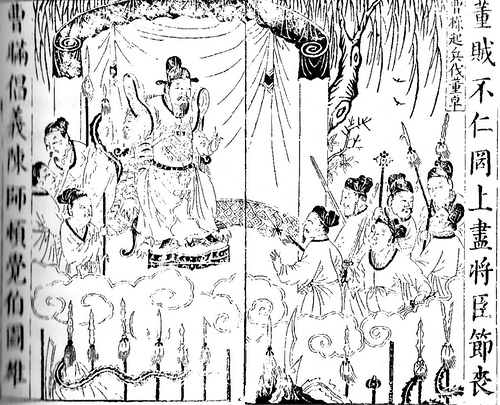
Cao Cao was born in the state of Qiao in 155 CE. He was the son of Cao Song, a foster son of Cao Teng, who in turn was one of the favorite eunuchs of Emperor Huan.
Cao was initially a minor garrison commander and rose to prominence as a general when he suppressed the Yellow Turban Rebellion, which threatened the last years of Han rule.
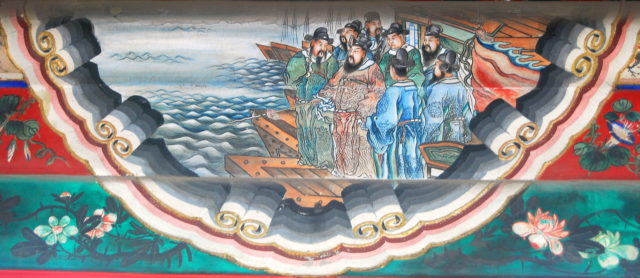
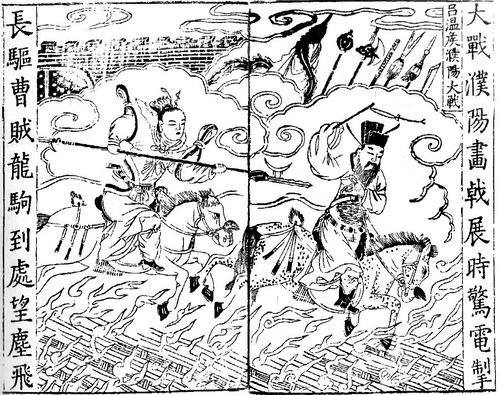
According to China Highlights, during his long political career, he helped to defeat the Yellow Turban rebellion, gained power in Wei, defeated a powerful army with a much smaller force, gained control of the dynastic court, lost the legendary Battle of Red Cliffs, and promoted policies to help his territory to prosper.
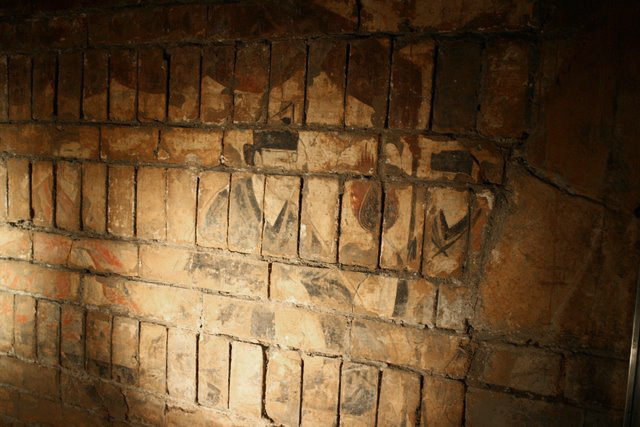
Known as an illustrious poet, Cao Cao wrote a list of poetry anthologies. His poems were deeply influenced by the Yuefu Poem pattern while being more creative in content.
Therefore, his poems, as well as those of his two talented poet sons Cao Pi and Cao Zhi, began a new style of Jian An literature.
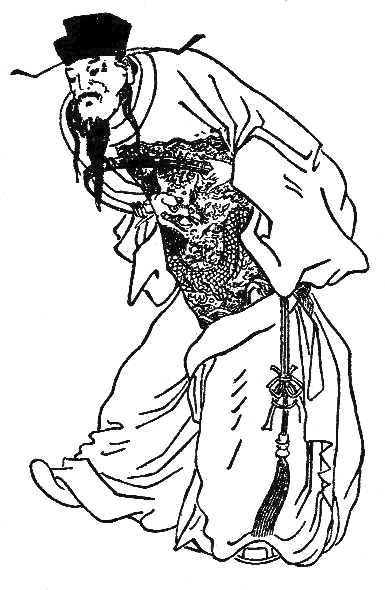
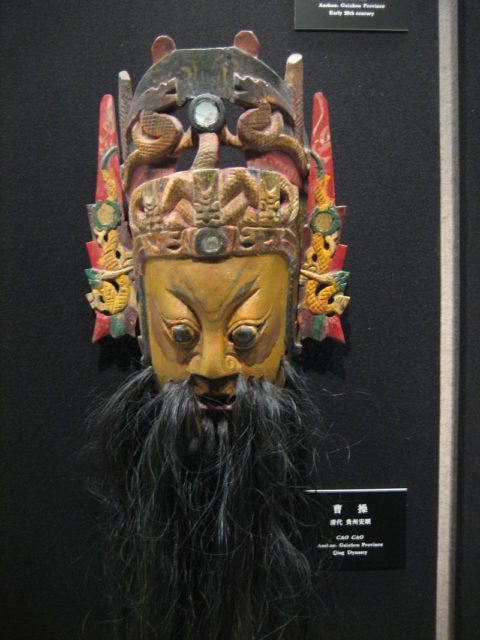
While historical records indicate Cao Cao was a brilliant ruler, he was represented as a cunning and deceitful man in Chinese opera, where his character is given exaggerated facial makeup to reflect his treacherous personality.
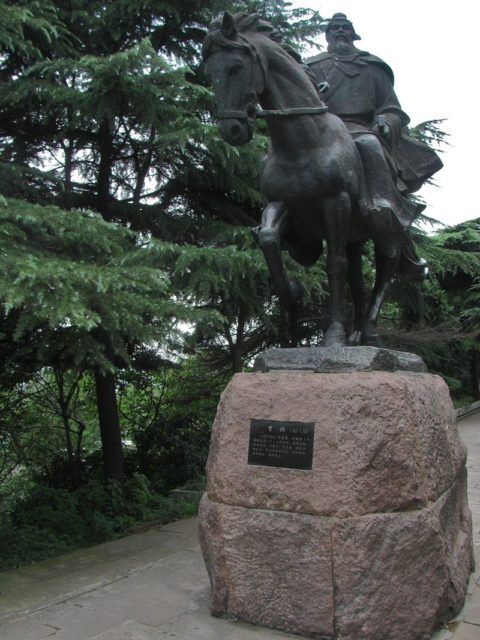
Cao Cao died in Luoyang at the age of 65, having failed to unify China under his rule. His eldest surviving son, Cao Pi, succeeded him. Within a year, Cao Pi proclaimed himself the first emperor of the state of Cao Wei.
